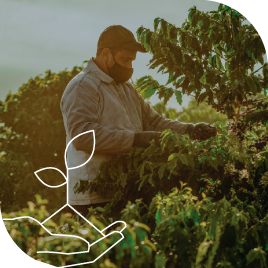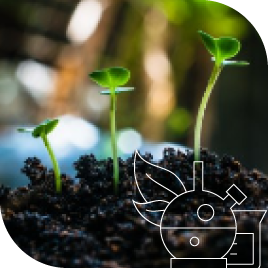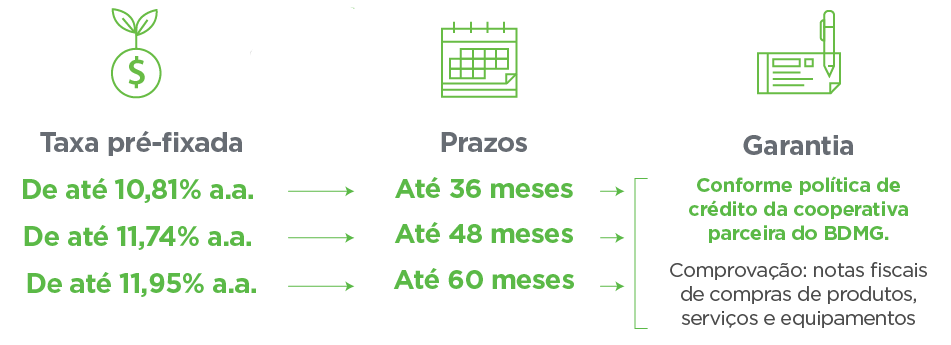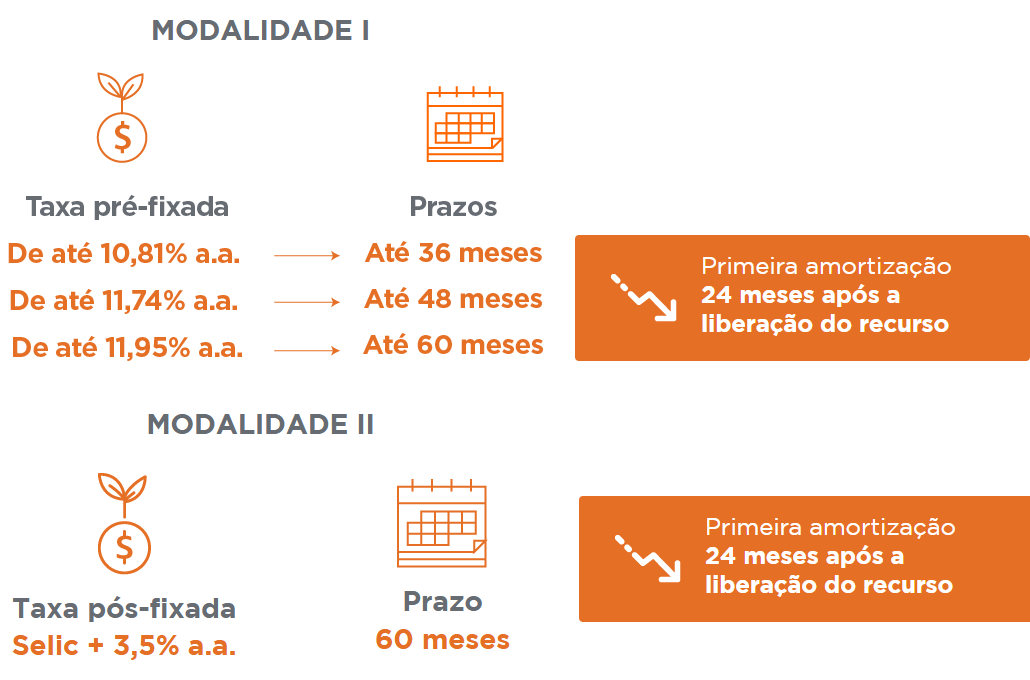Cover Crops
Crops not intended primarily for harvest, but to protect and improve the soil. They are sown between seasons or intercropped with other crops to:
- Reduce erosion
- Improve soil structure and relieve compaction
- Fix nitrogen (in legumes)
- Increase organic matter
- Create a favorable environment for soil micro and macroorganisms
Soil Remineralizers
Also known as rock powders, derived from silicate rocks, widely available. Besides acting as multifunctional and intelligent fertilizers or nutrient banks, they can provide macronutrients (P, K, Ca, Mg, S) and other micronutrients and beneficial elements. These are ground rocks with particle sizes suitable for soil application, simulating “young” soil conditions. They depend on microorganisms for nutrient availability. They improve physical, chemical, and biological soil quality, such as water retention, carbon sequestration, and aeration. It is important to use them according to agronomic recommendations and products registered with MAPA.
Natural Fertilizers
Include fertilizers made from ground natural rocks and/or plant/animal biomass, which may or may not contain chemical fertilizers, microorganisms, or natural molecules. Examples:
- Organic compost
- Natural phosphate
- Organomineral fertilizer
They are less soluble, promote slow nutrient release, and enhance microbial life in the soil.
Bio-inputs
Products/processes developed from enzymes, extracts, microorganisms, macroorganisms, metabolites, and pheromones, aimed at biological control, nutrition, growth promotion, stress mitigation, and antibiotic replacement. (Source: Embrapa - https://www.embrapa.br/portfolio/insumos-biologicos)
Integrated, Agroforestry Systems, and Ecological Corridors
ILPF: Integrates crops, livestock, and forests in the same area, promoting:
- Diversification of production
- Efficient land use
- Carbon sequestration and microclimate improvement
SAFs: Combine tree species, agricultural crops, and/or animal husbandry, mimicking natural ecosystems to promote sustainable production, conservation, and environmental restoration.
Ecological Corridors: Strips of vegetation connecting habitats, allowing gene flow, wildlife movement, and integration between production and conservation.
Bio-input Production Units
According to Law 15.070/2024, these are facilities intended for producing bio-inputs for own use (non-commercial), with structure and equipment ensuring quality control.
Composting Systems
Controlled aerobic decomposition process of organic matter, generating nutrient-rich compost. Benefits:
- Waste reduction
- Recovery of degraded soils
- Improved soil fertility and structure
Biodigester Systems
Process organic waste and animal manure in an anaerobic environment to produce:
- Biogas (renewable energy)
- Liquid biofertilizer
They contribute to waste management, energy self-sufficiency, and nutrient cycling on the farm.
 Service
Service
 Talk to BDMG
For those who are not
Talk to BDMG
For those who are not About BDMG
About BDMG
 Credit to your company
Credit to your company
 Municipalities
Municipalities
 Sustainability
Sustainability
 Access your BDMG Digital
Access your BDMG Digital







